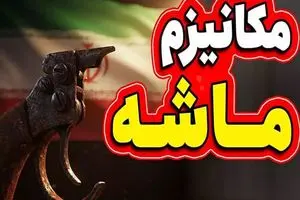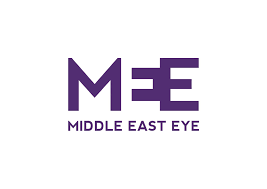'Millions of dollars' of Gaza aid stranded in warehouses as Israel rejects NGO requests for entry
'Millions of dollars' of Gaza aid stranded in warehouses as Israel rejects NGO requests for entry

The Israeli authorities have rejected requests from "dozens" of NGOs for life-saving aid to enter the Gaza Strip, leaving "millions of dollars'' worth of goods stranded in warehouses, over 100 organisations have reported.
A statement signed by NGOs, including Doctors Without Borders (MSF) and Save the Children, reported that Israel had denied the requests on the grounds that the organisations were "not authorised to deliver aid", despite many of them having worked in Gaza for decades.
Consequently, millions of dollars worth of food, medicine, water and shelter equipment is currently languishing in warehouses across Jordan and Egypt, while Israeli-imposed starvation grips Gaza - killing over 200 Palestinians so far, half of them children.
In July alone, the authorities refused some 60 requests for aid deliveries, according to the statement.
Sean Carroll, president and CEO of the NGO Anera, said the organisation "has over "$7m worth of lifesaving supplies ready to enter Gaza – including 744 tons of rice, enough for six million meals, blocked in Ashdod just kilometres away".
The organisations said the obstruction stems from new INGO registration rules introduced by Israel in March, which stipulate that applicants can be rejected on the basis of arbitrary and politicised allegations such as "delegitimising Israel".
Under the provisions, organisations can also be rejected on the basis that their staff, a partner, board member or founder showed public support for the boycott of Israel in the past seven years.
Registration also requires NGOs to disclose sensitive details about their personnel, including private donors and lists of Palestinian staff, with some issued a seven-day ultimatum to provide this information.
If they fail to submit this data, organisations could be barred from operating in Gaza and the occupied West Bank, including East Jerusalem.
The statement emphasised that the "sharing such data is unlawful (including under relevant data protection laws), unsafe, and incompatible with humanitarian principles".
They added that NGOs have no guarantees that handing over this information will not put their staff at further risk, given 88 percent of humanitarian workers killed by Israeli attacks in Gaza were Palestinian.
'Our mandate is to save lives'
Jolien Veldwijk, the country director of Care, said that the organisation had been barred from delivering $1.5m worth of aid to Gaza since Israel imposed its total siege on the territory on 2 March.
"This includes critical shipments of food parcels, medical supplies, hygiene kits, dignity kits, and maternal and infant care items," Velwijk said.

"Our mandate is to save lives, but due to the registration restrictions civilians are being left without the food, medicine, and protection they urgently need".
Meanwhile, Bushra Khalidi, Oxfam's policy lead, reported that Israel had blocked the entry of $2.5m worth of goods gathered by the organisation into Gaza.
The statement said that the restrictions form part of a broader strategy by Israel, which aims to "block impartial aid, exclude Palestinian actors, and replace humanitarian organisations" with the militarised aid distribution scheme run by the controversial Gaza Humanitarian Foundation (GHF).
“At this point, everyone knows what the correct, humane answer is, and it's not a floating pier, airdrops or the 'GHF'", Anera's Carroll said.
"The answer, to save lives, save humanity and save yourselves from complicity in engineered mass starvation, is to open all the borders, at all hours, to the thousands of trucks, millions of meals and medical supplies, ready and waiting nearby," he added.
The statement called on all states and donors to "end the weaponisation of aid", challenge Israeli requirements that NGOs share sensitive personnel information and demand "the immediate and unconditional opening of all land crossings and conditions for the delivery of lifesaving humanitarian aid".







